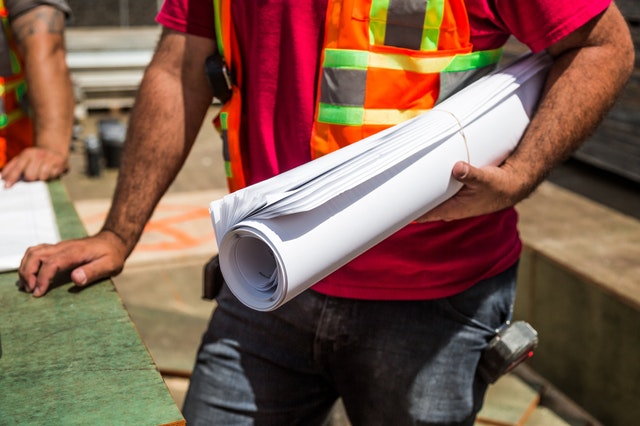Wealthy Seniors Can Benefit From Jumbo Products
 Individuals who own their homes with a considerable amount of equity should consider looking into proprietary jumbo reverse mortgages. These can be helpful tools that may allow seniors to either pay down an existing mortgage or fund their retirement.
Individuals who own their homes with a considerable amount of equity should consider looking into proprietary jumbo reverse mortgages. These can be helpful tools that may allow seniors to either pay down an existing mortgage or fund their retirement.
These tools are particularly helpful in areas of the country that have high property values, such as California and New York. In these states, jumbo reverse mortgages may provide seniors with up to $4 million in potential loan proceeds. These funds can be applied to a variety of possible purposes.
A Changing Thought Process Surrounding Reverse Mortgages
In the past, mentioning reverse mortgages was seen by many as an option of last resort; however, it seems like this reputation was largely gained because they were new and unfamiliar to most people. Over the past few years, financial experts have done a tremendous amount of research into reverse mortgages and have uncovered their potential to help someone’s financial portfolio.
There are numerous ways that reverse mortgages can help someone’s retirement portfolio ride the ups and downs of the market. Reverse mortgages can even be used to help someone postpone the claiming of Social Security benefits.
A Potential Use Of Reverse Mortgages
One potential use of reverse mortgages follows a simple formula. The goal of this formula is to buy low and sell high. When the market goes up, draw on the retirement account for income. After all, the market is high, so shares of stocks, bonds, and mutual funds are going to be at their greatest value.
When the market starts to drop, avoid using the assets in the retirement account. Wait for those assets to come back up before using them. During this time, it is better to use a reverse mortgage and draw on the equity in the home instead.
A Mountain Of Untapped Equity
Proprietary reverse mortgages are becoming more popular in locations that have high housing values. In these locations, retirees might be sitting on a large amount of equity and might not even know it. In these locations, jumbo reverse mortgages can help individuals and families who might be short in their incomes. For this reason, retirees should consider using a jumbo reverse mortgage to help cover their living expenses and long-term care needs.
If you are interested in refinancing your property, be sure to contact your trusted home mortgage professional to discuss current financing options.

 Real estate investing is not only a great way to diversify assets but can also be used to generate both income and capital appreciation. While this is a fantastic opportunity, it is also important to choose investment projects carefully. It is critical to ask the right questions before making an offer on an investment property.
Real estate investing is not only a great way to diversify assets but can also be used to generate both income and capital appreciation. While this is a fantastic opportunity, it is also important to choose investment projects carefully. It is critical to ask the right questions before making an offer on an investment property. The National Association of Home Builders reported a housing market index reading of 74 in February; the index reading was one point lower than for January and was only two points below the highest reading of 76 reported in December. Readings over 50 indicate that most builders consider housing market conditions to be positive.
The National Association of Home Builders reported a housing market index reading of 74 in February; the index reading was one point lower than for January and was only two points below the highest reading of 76 reported in December. Readings over 50 indicate that most builders consider housing market conditions to be positive. New housing construction starts reached a record high in December 2019 going up 16.9%. This represents a seasonally-adjusted annual rate of 1.608 million homes last December, which beat the record set in December 2006, 13 years ago, according to CNBC.
New housing construction starts reached a record high in December 2019 going up 16.9%. This represents a seasonally-adjusted annual rate of 1.608 million homes last December, which beat the record set in December 2006, 13 years ago, according to CNBC. Real estate, which is a rental property, has the unique characteristic under the tax code of being able to depreciate it and pretend the asset is going down in value, while, if you are a clever investor, you will acquire property that actually increases in value. Additionally, there are other tax advantages for owning a rental property that can help shelter income.
Real estate, which is a rental property, has the unique characteristic under the tax code of being able to depreciate it and pretend the asset is going down in value, while, if you are a clever investor, you will acquire property that actually increases in value. Additionally, there are other tax advantages for owning a rental property that can help shelter income.